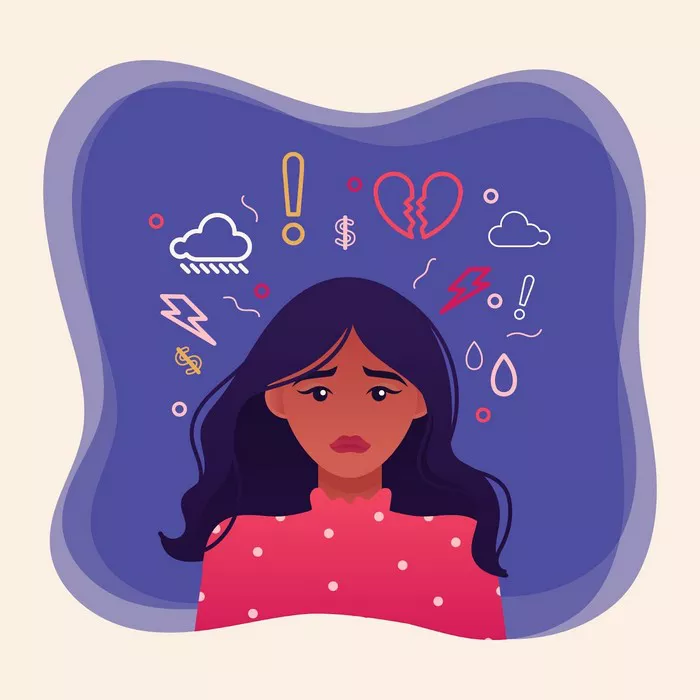Researchers examining the mental health of teenagers in the United States and China have discovered a potential connection between the number of siblings and adolescents’ well-being. Contrary to the traditional perception of sibling relationships as a source of support, the study suggests that larger families may have a slight negative impact on teenagers’ mental health.
The study, led by Doug Downey, a sociology professor at Ohio State University, focused on 9,100 eighth graders in the US and 9,400 in China, with an average age of 14. The findings revealed that adolescents from larger families tended to have slightly poorer mental health compared to those from smaller families. The most significant impact was observed in families with multiple children born less than a year apart.
Downey noted that previous research in this area had presented a mixed picture of positives and negatives associated with having more siblings. The recent results challenge the assumption that having more siblings necessarily leads to a better or worse outcome for teenagers.
The researchers posed questions about mental health to the participating students, and the responses varied between the two countries. In China, teenagers without siblings exhibited the best mental health, while in the US, children with no siblings or only one displayed similar mental health levels.
The study aligns with the concept of “resource dilution,” suggesting that as parental resources are distributed among more children, each child receives fewer resources and attention, potentially impacting their mental health. This effect was more pronounced for teenagers with older siblings and those with siblings closely spaced in age.
While this explanation holds, the researchers acknowledge other potential factors, such as socioeconomic advantages. Teenagers with the best mental health often came from families with higher socioeconomic status, and in both countries, these families typically had fewer children. In China, where the one-child policy influenced family size, about a third of children were only children, compared to 12.6% in the US.
As family dynamics evolve, with more families opting for fewer children, researchers are increasingly exploring the nuanced impact of siblings on various aspects of adolescents’ lives. Previous studies have suggested a complex interplay of pros and cons, emphasizing the need for a comprehensive understanding of the role siblings play in shaping teenagers’ experiences and mental health.
































